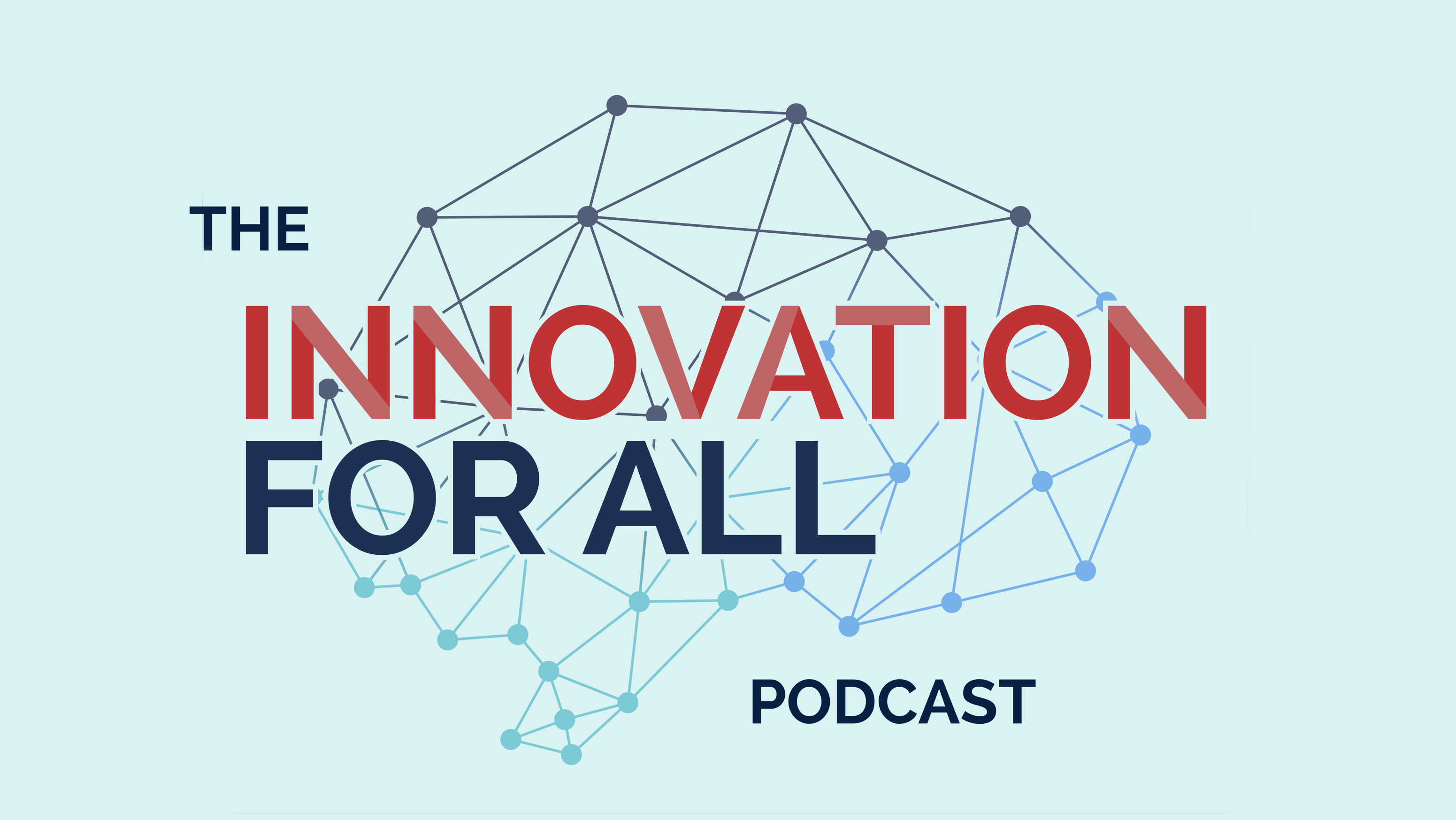Can AI really change the world? Or are its developing algorithms formalizing social injustice? When these highly-technical systems derive patterns from existing datasets, their models can perpetuate past mistakes.
In this episode of the Innovation For All Podcast, Sheana Ahlqvist discusses with David Robinson the threats of social bias and discrimination becoming embedded in Artificial Intelligence.
IN THIS EPISODE YOU’LL LEARN:
- What is the role of technological advances in shaping society?
- What is the difference between Machine Learning vs. Artificial Intelligence?
- Social Justice Implications of Technology
- What are the limitations of finding patterns in previous data?
- How does should government regulate new, highly technical systems?
- The need for more resources and more thoughtfulness in regulating data
- Examples of data-driven issues in the private sector.
- Removing skepticism of regulatory agencies in examining data models.
- Authorities should remember that there are limits to what AI models can do.
David is the co-founder of Upturn and currently a Visiting Scientist at the AI Policy and Practice Initiative in Cornell’s College of Computing and Information Science. David touches on how government regulatory agencies should examine new AI models and systems, especially as the technology continues to creep its way into our day-to-day lives. David discusses the importance of “ground truthing.” David emphasizes looking at a technology’s capabilities and limits before deciding on whether decision makers should implement it.
LINKS
OTHERS MENTIONED
- Cornell University
- Hannah Sassaman
- Christan Salazar Volkmann
- Human Rights Data Analysis Group
- Kristian Lum
CONNECT WITH DAVID
- Sign up for Equal Future newsletter
- Follow David on
If you enjoy this episode on AI and ethics, you might also enjoy WHEN ARE “FAIR” ALGORITHMS BETTER THAN ACCURATE ONES?

1 Comment